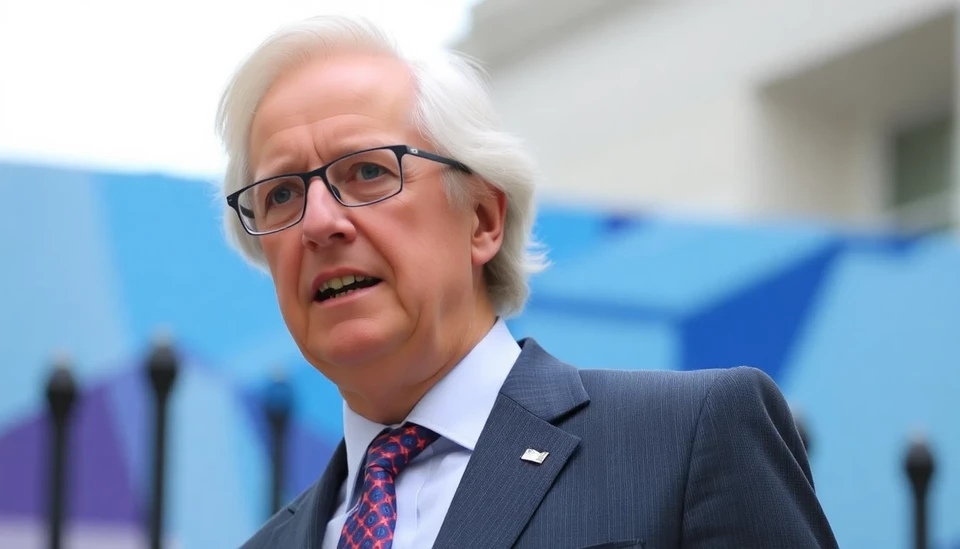
In a recent statement, Bank of England (BoE) Governor Andrew Bailey conveyed a note of caution regarding the market's interpretation of the central bank's recent policy vote. His remarks come in response to a divided vote during the latest Monetary Policy Committee (MPC) meeting, which has led to speculation about potential shifts in the UK’s monetary policy landscape.
During the MPC meeting, the decision-making body was not united, with a notable split in voting reflecting differing opinions on the future course of interest rates. Bailey emphasized that while a dovish stance may seem appealing to market players, it is essential to maintain a clear perspective on the various factors influencing monetary policy decisions.
The governor pointed out that the split within the committee indicates ongoing debates about managing inflation and stimulating economic growth while remaining vigilant about potential risks. “I urge markets to avoid overreacting to the nuances of our discussions,” Bailey remarked, highlighting the complexities involved in shaping monetary policy under current economic conditions.
Market analysts initially reacted to the MPC’s split with increased volatility, interpreting the differing votes as a sign that the Bank might be leaning towards a more accommodative approach to interest rates. However, Bailey’s comments aim to temper such enthusiasm, indicating that the BoE is still committed to achieving its inflation targets, which currently rest at around 2%.
The recent economic landscape in the UK has been marked by various challenges, including rising living costs and growth challenges caused by geopolitical issues. These realities make the committee's deliberations about inflation and economic growth even more critical.
Bailey asserted the importance of clear communication from the Bank to ensure that both markets and the public understand the rationale behind monetary policy decisions. He underscored that while flexibility is essential, the primary objective remains to navigate inflationary pressures without losing sight of economic stability.
The governor's cautious stance has prompted discussions among economists and financial experts about the implications of the MPC's split vote and the potential for future interest rate adjustments. This dialogue is expected to shape not only market sentiments but also consumer confidence in the economy moving forward.
As the economy continues to evolve, all eyes will be on the BoE's future communications and decisions, particularly as the next policy meeting approaches. Stakeholders are encouraged to stay informed and consider the broader economic context, rather than solely focusing on the immediate implications of voting splits within the committee.
In summary, while market reactions to the MPC's split may suggest a dovish outlook, Governor Bailey's recent comments express a definitive call for prudence and comprehensive analysis as economic conditions develop.
#BankofEngland #MonetaryPolicy #InterestRates #Economy #Inflation #MarketNews #AndrewBailey
Author: Daniel Foster




